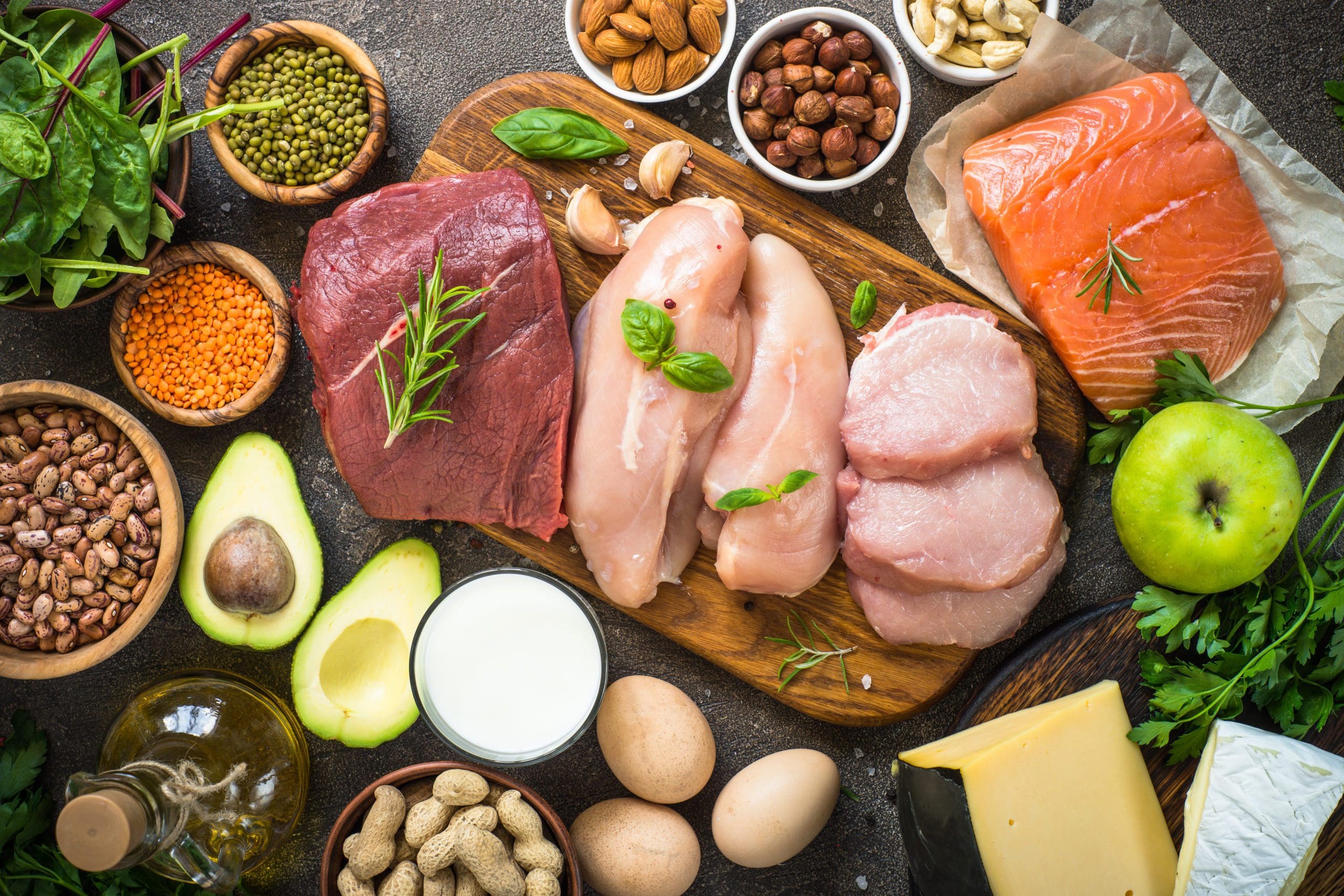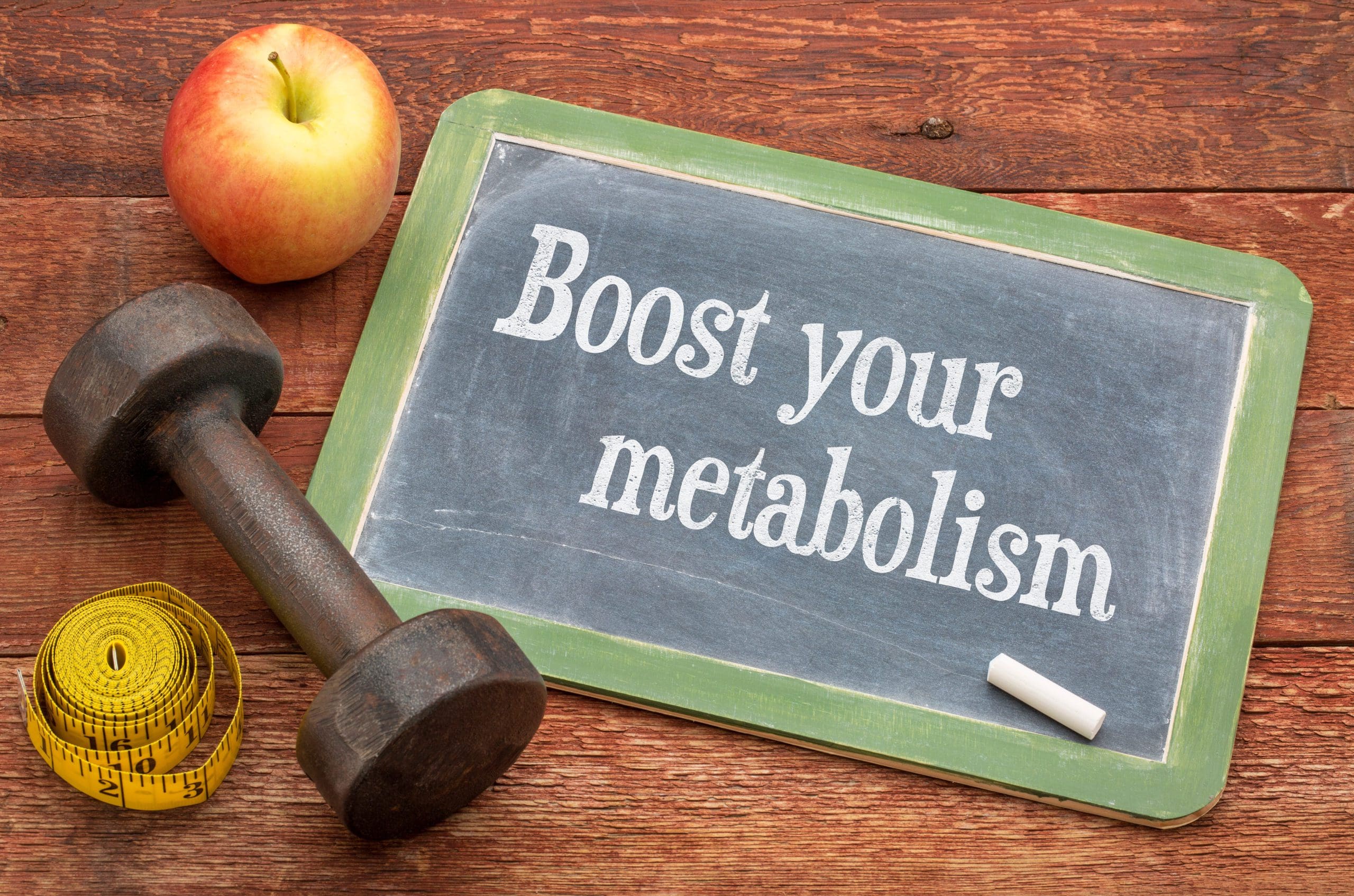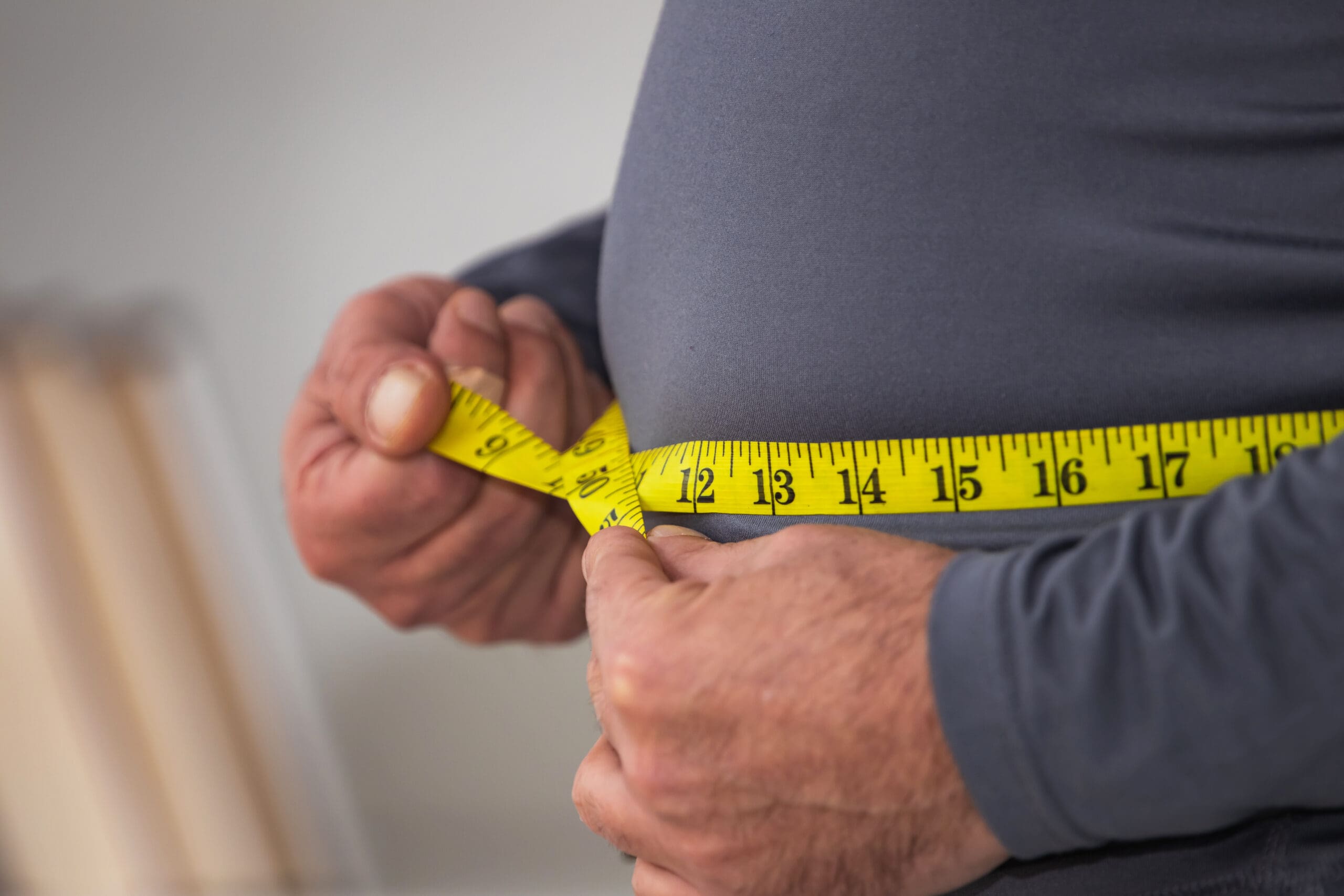By naturopath Margaret Jasinska
There are a lot of overweight people who do not over eat. They eat a smaller volume of food, and eat less frequently than many others who don’t struggle with their weight. The problem is they have a faulty metabolism. Their body is very inefficient at burning up calories. There are several factors that can contribute to this metabolic problem; insulin resistance, poor liver and thyroid health are the main ones.
This article will give you some handy tips for improving the rate at which your body breaks down food to use as an energy source.

1. Each meal must contain protein
Protein is able to boost metabolism due to its thermic effect. This means it requires more calories to break down and absorb, especially when compared to fats and carbohydrates. Good protein sources to include are meat, poultry, seafood,, eggs and whey protein powder (especially the Synd-X Protein Powder specifically formulated for weight loss). Protein also promotes satiety, reduces cravings, and is required for muscle growth and recovery. I recommend you choose fatty cuts of meat instead of lean meat, because it is far more satiating.

2. Cut down on carbohydrates
If you have a very resistant, sluggish metabolism it may be necessary to reduce your carbohydrate intake to between 20 and 40 g per day. This will put the body into a state of ketosis and should enable weight loss. Ketosis means you are burning your fat stores and using them as a source of energy. Animal sources of protein contain virtually no carbohydrate. Following a low carbohydrate diet will enable your insulin level to fall, making it easier to access fat stores for energy. You can have a blood test to measure your insulin level, but you can also look at your waist. A slim waist usually indicates low insulin.

3. Increase your water intake
This can significantly reduce your calorie intake, as well as boost metabolism. Studies have shown that drinking just half a litre of water can increase your resting metabolic rate by 10-30% for about an hour. Drinking water can also curb cravings as people often think they are hungry when they are actually thirsty, so drinking water can also promote satiety and reduce appetite.

4. Increase the amount of muscle on your body
Weight training is an essential component of any workout program, as muscle is more metabolically active than fat, thus having muscle automatically increases metabolism. This means even if you are at rest, you are actively burning more calories. Glutamine is an amino acid that is excellent for stimulating muscle growth and repair, as well as improving muscle recovery.

5. Improve your liver function
A healthy liver is the major fat burning organ in the body, and is able to pump excess fat out of the body, via the bile. It then gets carried out in bowel motions. If you have a fatty liver it is doing the opposite of what it should do: storing fat instead of burning fat. This is a very common scenario in post menopausal women. They eat very little, yet can’t lose weight. Follow the eating guidelines in the book Fatty Liver: You Can Reverse It.

6. Prioritise sleep
Aim to get between 7 and 8 hours of sleep a night, as lack of sleep drastically increases the risk of obesity, due to causing elevated levels of insulin and leptin which regulate hunger and fat storing. High levels have negative effects on metabolism and overall health. You will benefit from taking magnesium, a powerful mineral that can improve the quality of sleep and reduce stress.

7. You may wish to try intermittent fasting
Intermittent fasting has been shown to help metabolism by its effects on insulin and leptin levels which increases fat burning. Intermittent fasting also helps to improve bad gut bacteria which reduces inflammation. Reducing inflammation can stimulate healthy weight loss in many ways. Intermittent fasting is best achieved by missing one meal a day or if you are really motivated, by missing two meals a day, so you only eat once a day. Make sure you drink plenty of water while fasting and add some sea salt and magnesium powder to the water to avoid fatigue. It is not recommended in diabetics who suffer with unstable blood sugar levels.

If you have been unhappy with your health, weight and diet habits for some time, why not try Dr Cabot’s 15 Day Cleanse. It is an ideal way to reboot your diet, start feeling better and make your health a bigger priority.









Leave A Comment